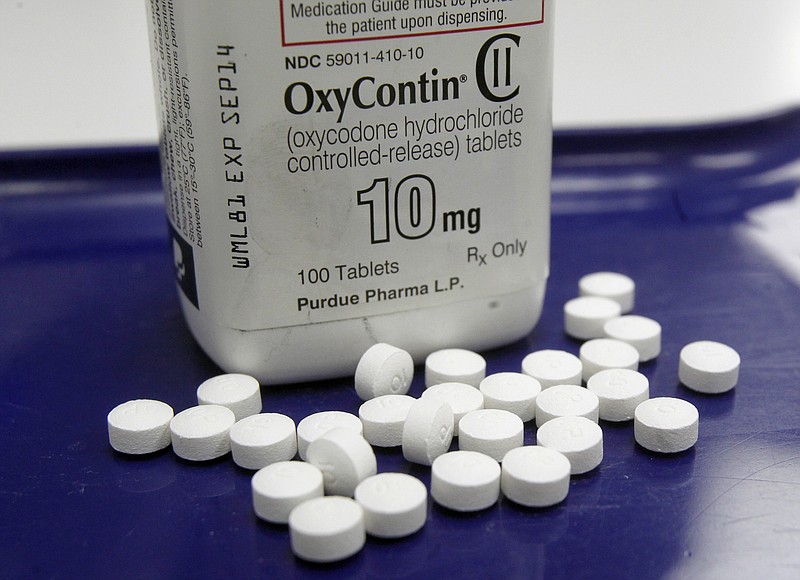Red River County, Texas-like its neighbor, Bowie County-has joined a growing list of counties, cities and states suing manufacturers and distributors of opiate-based painkillers in connection with the country's growing epidemic of prescription-drug abuse.
Red River County filed suit Thursday in the Texarkana Division of the Eastern District of Texas, the same court where Bowie County filed a nearly identical complaint last month; where Upshur County, Texas, filed a complaint in September; and where Morris County, Texas, filed a complaint Friday. Dallas lawyer Jeffrey Simon is listed on all four of the East Texas complaints, along with various local firms.
The suits accuses a bevy of companies of spreading false and deceptive information that led doctors and the public to believe long-term opioid use was safe for most people, in order to reap giant profits. The suits blame Big Pharma for creating the opioid crisis and of costing local and national governments billions in the fight against and treatment of opiate drug addiction.
"Accidental drug overdose deaths, of which at least two-thirds are opioid overdoses, are the leading cause of death for Americans under the age of 50. Accidental drug overdose deaths, predominantly from opioids, exceed the number of deaths caused by cars or guns," the Red River complaint states. "The economic burden caused by opioid abuse in the U.S. is approximately $78.5 billion, including lost productivity and increased social services, health insurance costs, increased criminal justice presence and strain on judicial resources, and substance abuse treatment and rehabilitation."
All of the complaints allege the widespread abuse of opiates in the U.S. didn't occur by chance, but through a concerted scheme among manufacturers, distributors and marketers of the drugs to dupe doctors and patients into believing long-term opioid use is safe for the treatment of chronic pain. According to Red River's complaint, health care providers in the U.S. wrote enough prescriptions for opioids in 2016 for every adult in the country to have more than one bottle of pills.
The complaints accuse the Big Pharma companies of creating a public nuisance, common law fraud, negligence, gross negligence, violations of Texas Controlled Substances Act and violating the Racketeer Influenced and Corrupt Organizations Act by engaging in concert in a sophisticated scheme to sell and distribute the dangerous drugs with an eye on profits and a complete disregard for patient health and the rippling, negative effects widespread addiction has on families and communities.
All of the cases have been assigned to U.S. District Judge Robert Schroeder III.

